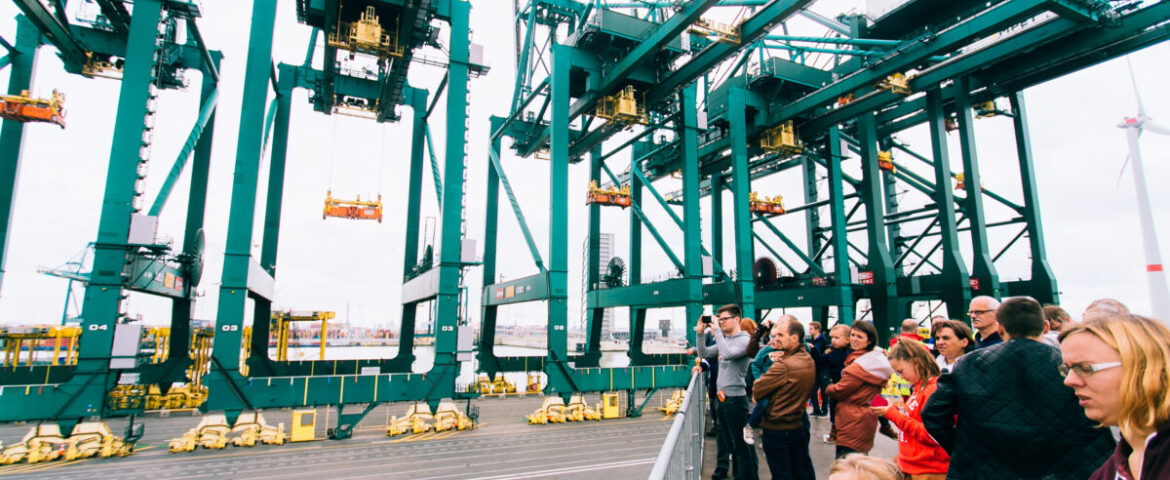In the study titled Social License to Operate: Factors Determining Social Acceptance Among Local Port Community Stakeholders, PortEconomics member Michaël Dooms, along with Bruno Moeremans, explore the increasingly crucial issue of social acceptance of port activities.
While vital to economic development, ports often face opposition from local communities due to their environmental and social impacts. This paper presents a hypothesized model that links community perceptions of port impacts, including economic, environmental, and social factors, with their level of acceptance. By surveying 976 residents living near four Flemish seaports, the authors used structural equation modelling to assess these relationships.
Their findings reveal that positive experiences and perceptions significantly influence community acceptance, especially regarding social impacts. Moreover, effective stakeholder engagement by port authorities plays a key role in fostering this acceptance.
The study’s implications are significant for port authorities aiming to secure a “social license to operate.” It underscores the importance of balancing efforts to mitigate negative impacts with proactive community engagement. The authors suggest that ports must strategically address both these dimensions to maintain public support and avoid disruptions to their operations. This research provides a valuable framework for understanding the complex dynamics at play between ports and their surrounding communities, highlighting the necessity of integrating social considerations into port governance.
You can access the full open-access article here.











